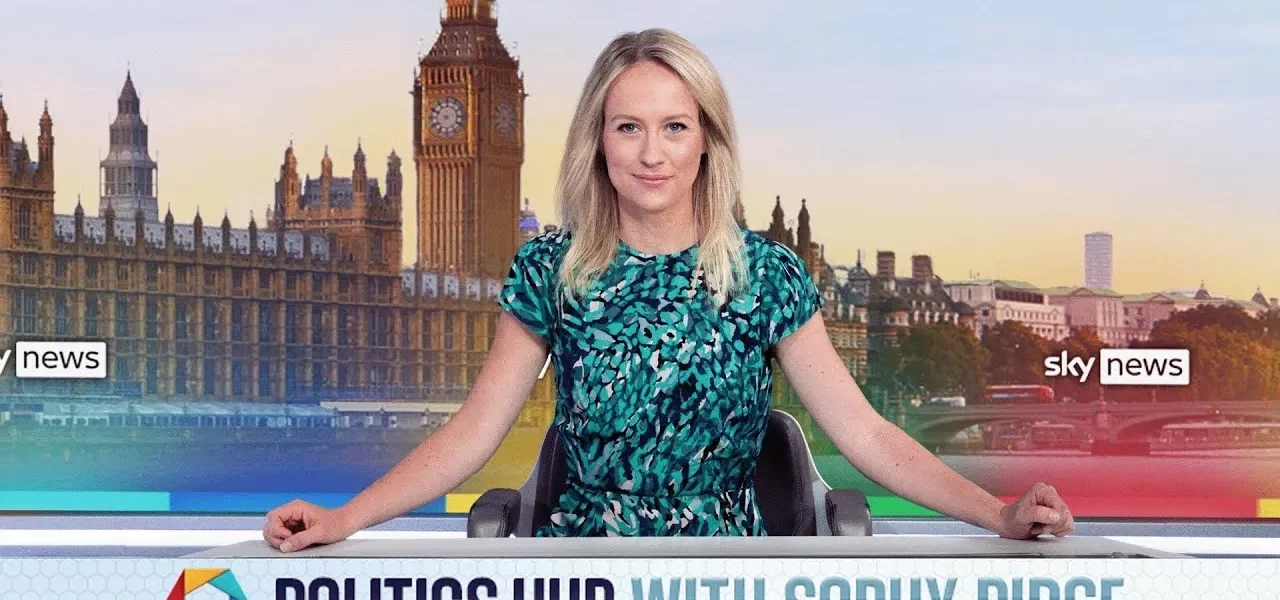The Election Gambling Scandal: Implications and Campaign Dynamics

The ongoing election gambling scandal has shaken the foundations of the political landscape in the UK, raising serious questions about integrity among candidates and the broader electoral process. With Rishi Sunak and the Conservative Party facing scrutiny, and Labor unexpectedly entangled in controversy, the dynamics of this election are more complex than ever.
Introduction to the Election Gambling Scandal
The recent allegations surrounding gambling activities among political candidates have ignited widespread public discourse and media coverage. From Rishi Sunak suspending two Conservative candidates to Labor’s Kevin Craig betting against himself in a contested seat, the implications of this scandal are far-reaching. As the election date approaches, the focus on both the gambling scandal and the effectiveness of the parties’ campaigns reveals critical insights into voter sentiment and potential electoral outcomes.
Understanding the Scandal
Background of the Gambling Commission Investigation
The Gambling Commission’s inquiry into political candidates has been a significant source of controversy. Rishi Sunak’s two-week delay in addressing the suspensions of candidates Craig Williams and Laura Saunders, who were allegedly betting on the election date, has drawn criticism for perceived weak leadership. The public perception of this delay has potentially damaged the Conservative Party’s credibility in a sensitive election period.
Labor’s Involvement
Unexpectedly, Labor found itself embroiled in this scandal when candidate Kevin Craig was revealed to have placed a bet on himself to lose his election race in Central Suffolk and North Ipswich. This action not only raises ethical concerns but also questions the integrity of candidates across party lines.
Public Reaction and Polling Impact
According to recent polls, public sentiment regarding the handling of this scandal is overwhelmingly negative, with over 63% of voters believing the government has managed the situation poorly. This scandal has overshadowed other campaign issues and has become the primary concern among voters.
Campaign Strategies and Dynamics
The Conservative Party’s Campaign Shifts
In response to the unfolding scandal, the Conservative Party has had to redirect its campaign strategy. With Rishi Sunak visiting traditionally safe Conservative seats, it appears the party is retreating to defend its strongholds rather than aggressively pursuing new targets. This shift indicates a recognition of internal vulnerabilities as the campaign progresses.
Labor’s Campaign Focus
Labor’s campaign has similarly adjusted, as it seeks to capitalize on Conservative weaknesses while distancing itself from the gambling scandal. However, the suspension of one of their candidates has complicated this strategy.
Online Campaigning and Voter Engagement
As traditional campaigning methods evolve, parties have increasingly turned to online platforms. Labor has outspent the Conservatives on social media advertising, leading to significant interaction and engagement metrics. Despite this, translating online engagement into actual votes remains a challenge.
- Labor’s online ad spend: £1.7 million
- Conservative online ad spend: £1 million
- Reform Party’s organic reach surpassing paid efforts by major parties
Conclusion: The Road Ahead for UK Politics
The election gambling scandal serves as a critical reminder of the importance of integrity in politics, particularly during a pivotal election. As candidates face the consequences of their actions, it is crucial for the parties to refocus their messaging and rebuild public trust. With just days to go before the election, how candidates navigate this scandal and engage with voters will ultimately determine their fate at the polls.
Call to Action: Stay informed and engaged as the election approaches. Consider the implications of candidate integrity on your voting choices and participate actively in the electoral process.
“`




